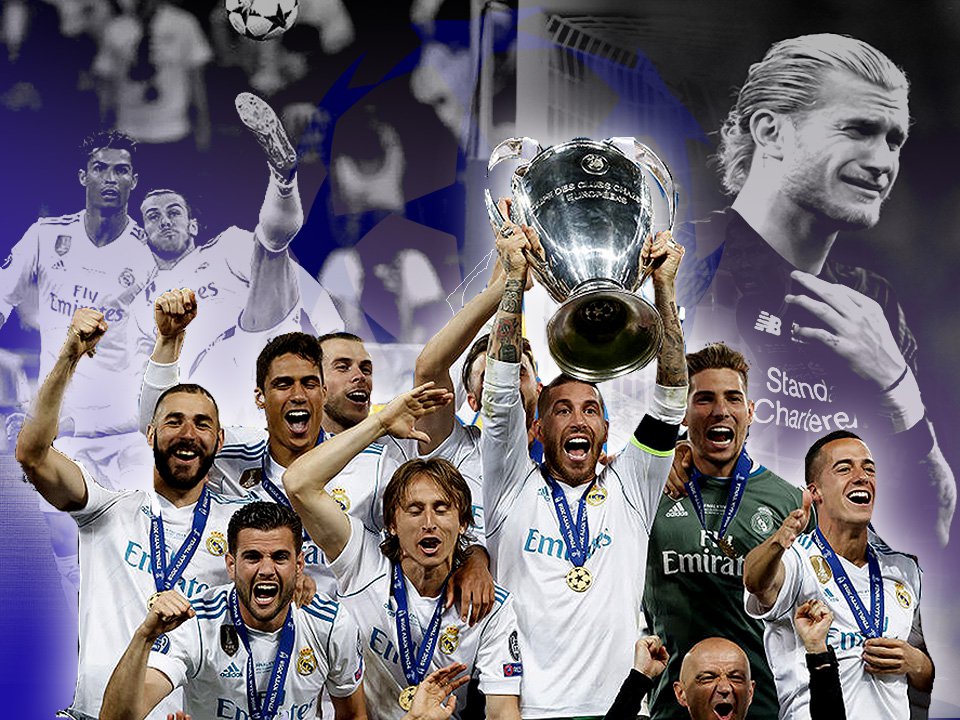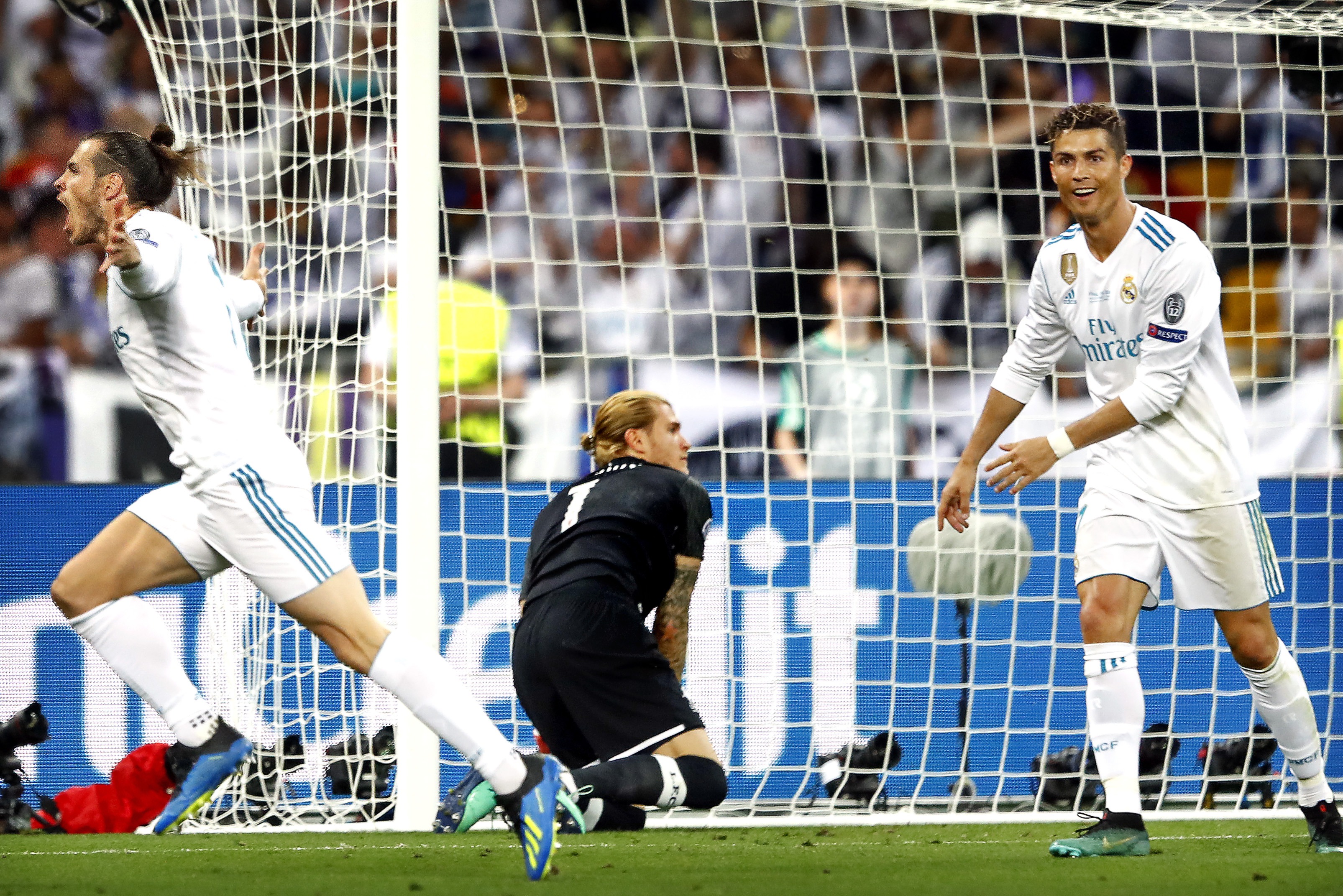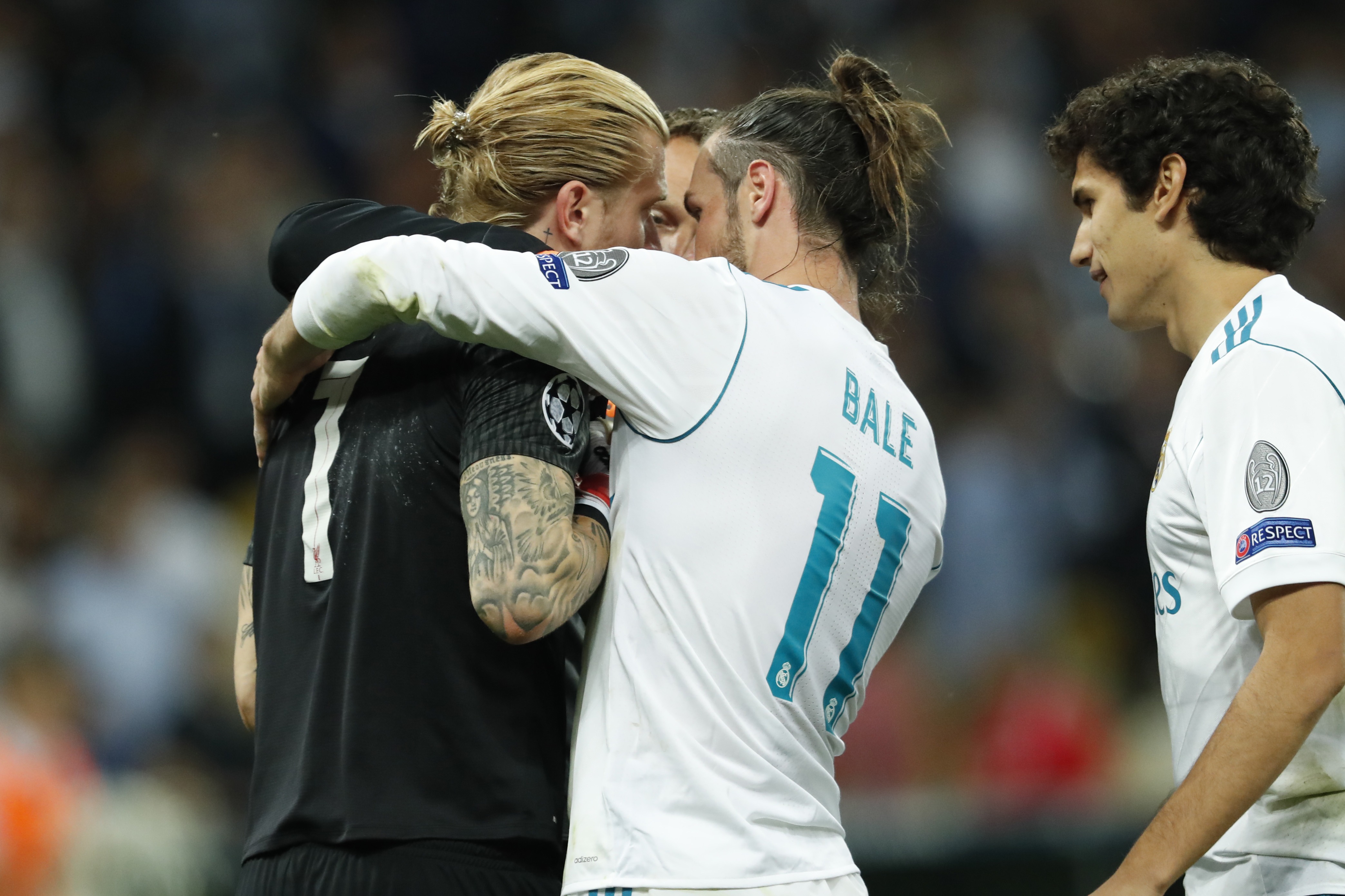
In the arid heat of the sweltering Olimpiyskiy Stadium in Kyiv, a ball drifted from left to right and into the penalty area, the glow of the floodlights bouncing off its surface and into the night sky.
swivelled rearward, dropped his shoulder blades back as if settling into an invisible hammock inside the box, propelled his left leg at a right-angle towards the heavens, and hit a shot into the top corner so unerring, so perfectly timed, so wrought with wrath, that it could have burnt a searing hole through a literal iron curtain if one had stood in its in way that night in .
As football analysis and punditry have evolved in the information age, elite-level players are increasingly judged on their data, the numbers they produce both in front of goal and in their season-long all-around play, rather than on their moments of brilliance.
That is of course a much more efficient and downright useful way of appraising a player’s efficacy and efficiency. But raw numbers are not why anybody loves football, nor why the greatest players are remembered long after they have finished playing.
Moments where a footballer produces a morsel of talent so unquantifiable, so incomprehensible to a mere mortal, are the reason they are so adored and why their legacies outlast not just their sporting careers but their time on this Earth.
Diego Maradona has passed away but will live forever because of his spectacular solo goal against England and the handball which followed it. Lionel Messi and Cristiano Ronaldo may have competed with one another for goalscoring records throughout their careers, but the Argentinian’s goal against Bayern Munich which left Jerome Boateng sprawled on the floor and the Portuguese’s free-kick against Portsmouth are the things which truly make you feel something.
Gareth Bale is possibly the greatest British footballer of all-time. His achievements with Real Madrid include three league titles, four Champions Leagues, and 106 goals. He has contributed immense performances to a golden age in the history of football’s most successful and famous club, on the kind of scale no observer would have dreamed of when he started out at left-back for Southampton and Tottenham Hotspur.
That overhead kick in Kyiv, on the night Real Madrid beat Liverpool 3-1 to win a third consecutive European Cup, deserves to be remembered as the finest moment in the illustrious history of one of the most riotously talented forwards to have played the game in the 21st century
It is a spellbinding goal. I watched from the Liverpool end, hopeful but cautious after Sadio Mane’s equaliser, as Marcelo’s cross drifted into the area and was met by Bale thunderous foot. It was a spectacular, stupefying, stomach-churning punch in the gut. I have never seen the goal back, not because it hurts too much to watch, but because I do not want my memory of its brilliance to be merged with stylised TV replays and slo-mo footage.

Bale scored a second goal that night, of course, which sealed the win and doomed Liverpool to their fate. That was a pot shot from distance, struck directly at goalkeeper Loris Karius, who lost concentration and allowed the ball to slip between his hands and into the net. That followed his enormous error for the first goal of the evening, when he rolled the ball directly into the path of Karim Benzema for the French striker to pass into an empty net.
If Bale’s performance and sublime piece of skill should be immortalised as the defining moment of his sporting life, then those errors must also rank and Karius’. An attempt was made to excuse the German’s fallibility on the grounds of concussion in the aftermath, but the reality was he simply crumbled on the biggest stage of all on a scale that in truth has never been seen before or since in football.
Karius subsequently has not made a single competitive appearance for Liverpool, despite remaining on the club’s books four years later, his career essentially ending that night in the Olimpiyskiy, a sort of space age illuminated torture chamber sitting in the middle of downtown Kyiv.

What is peculiar, though, is that Bale’s career followed a very similar path. Since that match in May 2019, the 32-year-old has played only 69 times for Real Madrid, scoring 18 goals. That waning influence has been caused by a combination of consistent injuries, declining popularity with his team-mates and supporters, and his preference for ensuring his availability for Wales fixtures.
This season, Bale has made a total of only seven Real Madrid appearances, and is set to be left out of the squad which will contest the final. Like Karius’ spells with Besiktas and Union Berlin, Bale endured a doomed loan spell in an attempt to reinvigorate his career at former club Spurs, and now both will be sat at home or in a hotel room watching on as the two clubs which still pay their wages compete in the showpiece event that men both defined only four years ago. Both of their club football careers essentially ended on the same night.
What Bale and Karius’ not too dissimilar career paths after their disparate performances in Ukraine show is that footballers themselves can only enjoy their careers moment to moment, because whether they are coming off the ultimate high or the most dejecting of lows, they have precious little control over what follows.
But for Bale at least, the power of his glorious goal should be more than enough for him, Real Madrid supporters, and football fans everywhere to revel in for the rest of time.
, .
, and .
























